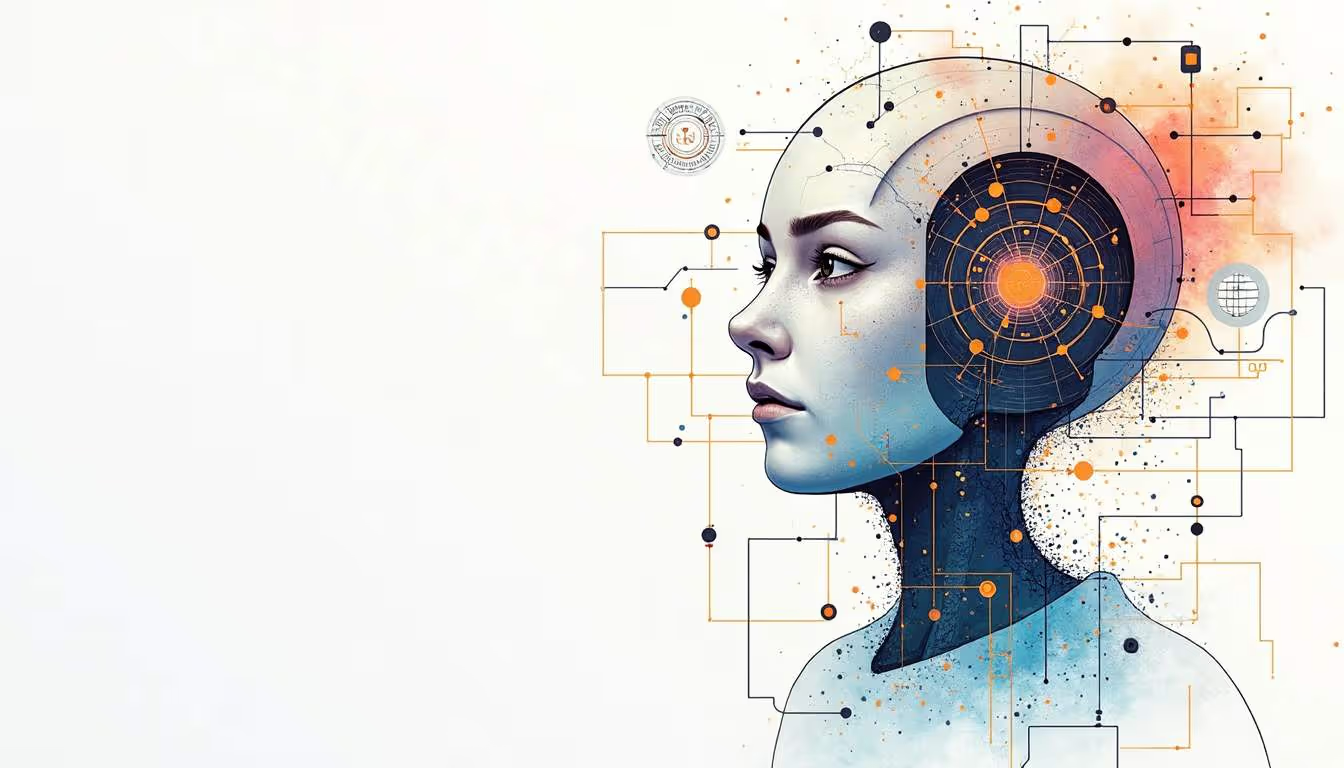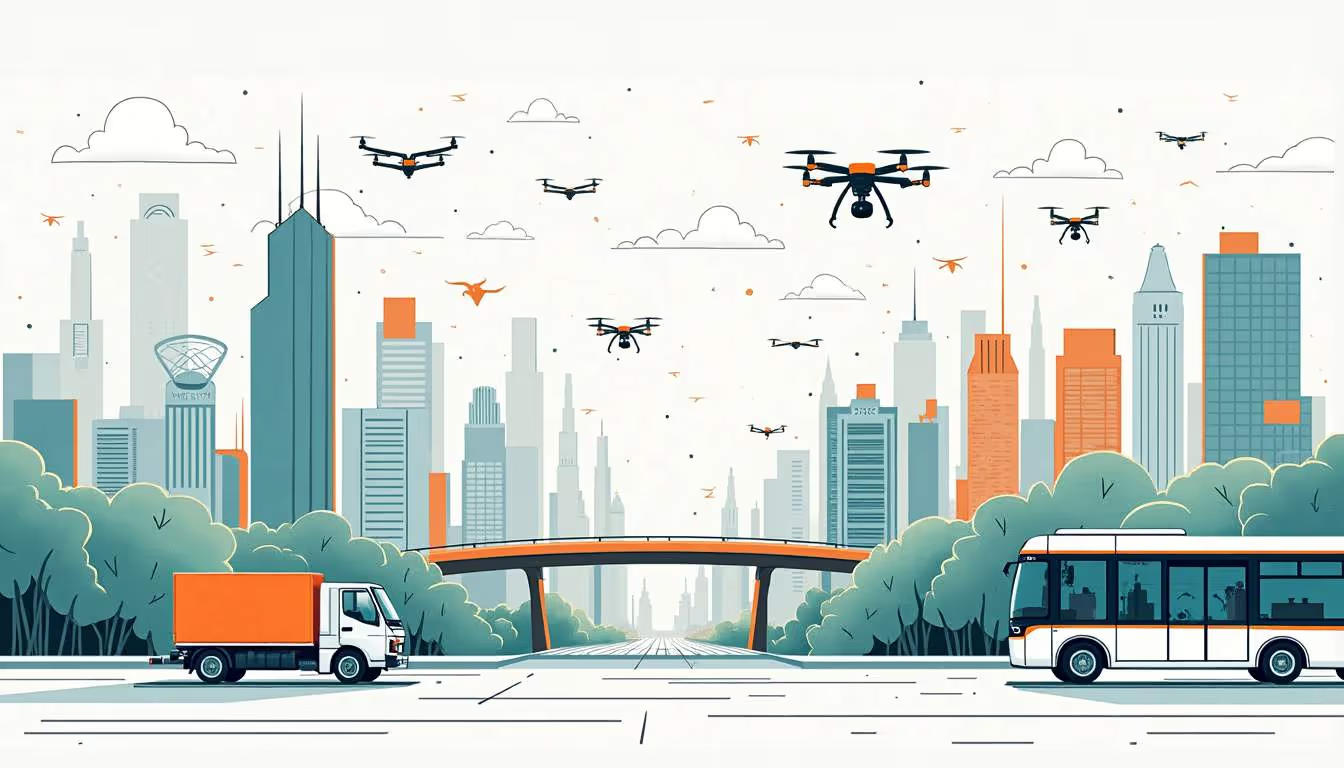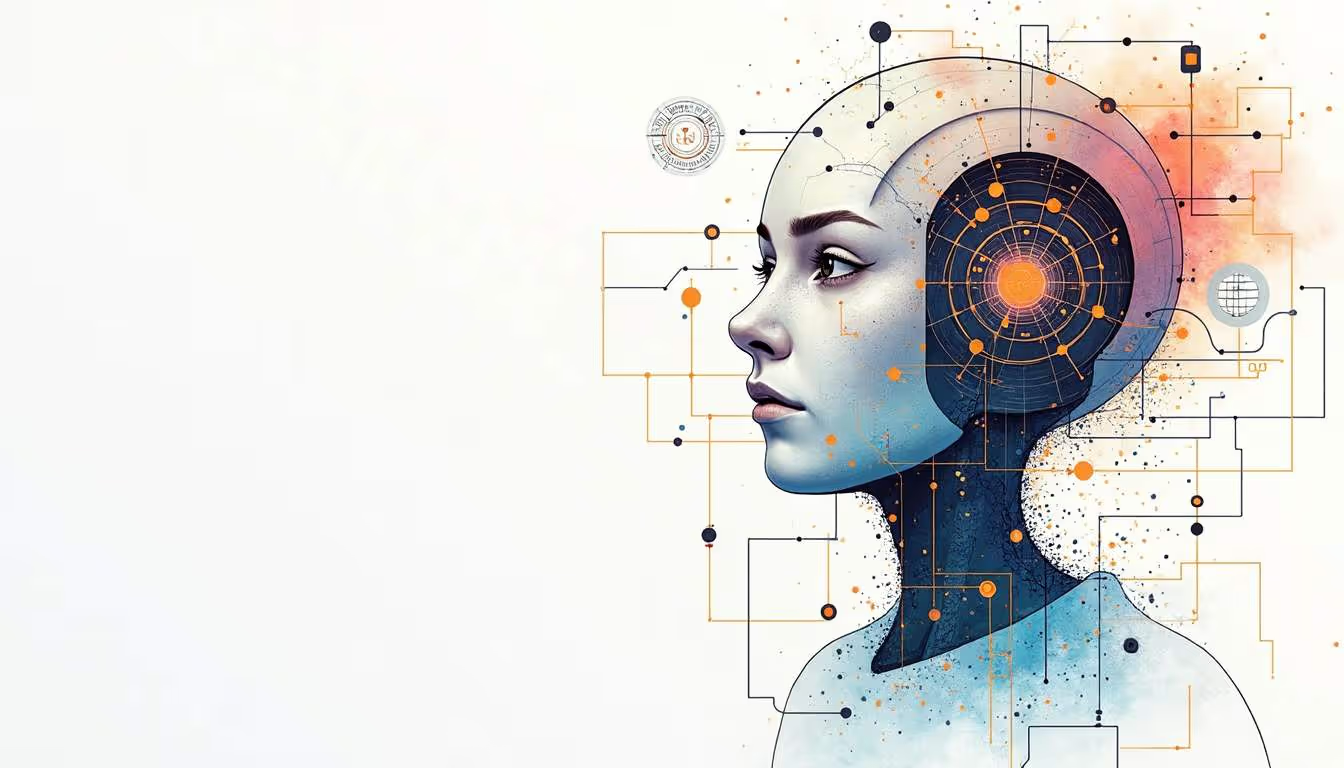The Future of Artificial Intelligence: Transforming Industries and Everyday Life
Artificial Intelligence (AI) is no longer a distant concept confined to science fiction. It has rapidly evolved into a transformative force reshaping industries and daily experiences worldwide. From automating routine tasks to enabling complex decision-making, AI’s influence is pervasive and expanding. As businesses and consumers alike adapt to this new reality, understanding the future trajectory of AI is essential for staying competitive and informed.
AI’s Expanding Role Across Industries
AI adoption is accelerating across multiple sectors, driven by advances in machine learning, natural language processing, and data analytics. The ability to analyze vast amounts of data and derive actionable insights is revolutionizing how companies operate, innovate, and engage with customers. As organizations increasingly recognize the potential of AI, they are investing heavily in technology and talent, creating a competitive landscape where agility and adaptability are paramount.
Healthcare: Precision and Predictive Power
Healthcare is one of the most promising fields for AI integration. AI-powered diagnostic tools can analyze medical images with remarkable accuracy, often surpassing human experts in detecting anomalies such as tumors or retinal diseases. For example, algorithms trained on thousands of radiology scans can identify early signs of cancer, enabling earlier intervention and improved patient outcomes. This capability not only enhances the accuracy of diagnoses but also streamlines workflows, allowing healthcare professionals to focus more on patient care rather than administrative tasks.
Beyond diagnostics, AI is enhancing personalized medicine. By analyzing genetic data, lifestyle factors, and clinical histories, AI models can recommend tailored treatment plans that maximize efficacy and minimize side effects. Additionally, predictive analytics help healthcare providers anticipate patient deterioration or hospital readmissions, optimizing resource allocation. The integration of AI in telemedicine is also noteworthy, as it facilitates remote patient monitoring and virtual consultations, making healthcare more accessible to underserved populations and improving overall health outcomes.
Manufacturing: Driving Efficiency and Quality
In manufacturing, AI-powered automation and predictive maintenance are transforming production lines. Sensors combined with AI algorithms monitor equipment health in real time, predicting failures before they occur. This proactive approach reduces downtime and maintenance costs, boosting overall productivity. Furthermore, the implementation of AI in supply chain management allows for enhanced forecasting and inventory optimization, ensuring that production schedules align with market demand.
Robotics guided by AI enable flexible, precise assembly processes that adapt to changing product designs without extensive reprogramming. Quality control benefits from computer vision systems that detect defects faster and more consistently than manual inspection, ensuring higher product standards and reducing waste. The rise of smart factories, where interconnected machines communicate and optimize processes autonomously, exemplifies the future of manufacturing, where efficiency and innovation go hand in hand.
Financial Services: Enhancing Security and Customer Experience
The financial sector leverages AI to detect fraudulent transactions by analyzing patterns and anomalies in real time. Machine learning models continuously improve as they process more data, making fraud detection increasingly accurate and reducing false positives. This not only protects consumers but also helps financial institutions maintain their reputations and trustworthiness in a competitive market.
AI also powers personalized financial advice through robo-advisors, which assess individual risk profiles and goals to recommend tailored investment strategies. Chatbots and virtual assistants improve customer service by providing instant responses to inquiries, freeing human agents to handle complex issues. Moreover, AI-driven analytics enable financial firms to gain deeper insights into customer behavior, allowing them to create targeted marketing campaigns and enhance client engagement. As the landscape evolves, the integration of AI in financial services promises to redefine how consumers interact with their finances, making transactions smoother and more intuitive.
AI in Everyday Life: From Smart Homes to Personalized Experiences
AI’s impact extends well beyond industry, shaping how people interact with technology daily. The integration of AI into consumer products is creating smarter, more intuitive experiences that enhance convenience, safety, and personalization.
Smart Homes and IoT Integration
Smart home devices equipped with AI enable automation of lighting, heating, and security systems based on user behavior and preferences. Voice assistants like Alexa, Google Assistant, and Siri utilize natural language processing to understand and respond to commands, making technology more accessible.
AI also improves energy efficiency by learning household patterns and optimizing consumption, reducing costs and environmental impact. For example, smart thermostats adjust heating schedules dynamically, balancing comfort and savings. Furthermore, AI-driven security systems can differentiate between familiar faces and strangers, sending alerts to homeowners when unexpected visitors are detected, thus enhancing peace of mind.
Personalized Content and Entertainment
Streaming platforms use AI algorithms to analyze viewing habits and recommend movies, music, or shows tailored to individual tastes. This personalization increases user engagement and satisfaction by surfacing relevant content from vast libraries. The algorithms not only consider what users have watched but also analyze trends across similar demographics, ensuring that recommendations feel fresh and aligned with current interests.
Social media platforms harness AI for content moderation, ensuring safer online environments by detecting harmful or inappropriate material. Additionally, AI-driven filters and editing tools empower users to create professional-quality photos and videos effortlessly. As users engage with these platforms, AI learns their preferences, refining its suggestions over time and even curating personalized news feeds that reflect individual interests and values, making the digital experience more immersive and engaging.
Transportation and Mobility
AI is at the core of autonomous vehicle development, promising safer and more efficient transportation. Self-driving cars use a combination of sensors, cameras, and AI algorithms to navigate complex environments, potentially reducing accidents caused by human error. These vehicles are designed to learn from every journey, continuously improving their decision-making processes and adapting to new driving conditions.
Public transit systems are also benefiting from AI through optimized routing and predictive maintenance, improving reliability and passenger experience. Ride-sharing apps employ AI to match drivers and riders efficiently, minimizing wait times and maximizing utilization. Moreover, AI systems can analyze traffic patterns in real-time, suggesting alternative routes to drivers and helping alleviate congestion in urban areas. As cities evolve, AI's role in transportation will likely expand, paving the way for smarter, more interconnected mobility solutions that enhance urban living.
Challenges and Ethical Considerations in AI Development
While AI offers immense benefits, its rapid advancement raises important ethical and practical challenges that must be addressed to ensure responsible deployment.

Bias and Fairness
AI systems learn from historical data, which can contain biases reflecting societal inequalities. Without careful design and ongoing monitoring, AI can perpetuate or even amplify these biases, leading to unfair outcomes in areas like hiring, lending, and law enforcement.
Developers and organizations must prioritize transparency, fairness, and inclusivity in AI models. Techniques such as bias auditing, diverse training datasets, and explainable AI help mitigate risks and foster trust.
Privacy and Data Security
The effectiveness of AI often relies on access to large volumes of personal data, raising concerns about privacy and data protection. Ensuring compliance with regulations like GDPR and CCPA is critical, as is implementing robust cybersecurity measures to prevent breaches.
Users increasingly demand control over their data and transparency about how it is used. Organizations must adopt privacy-by-design principles and communicate clearly about data practices to maintain user confidence.
Job Displacement and Workforce Transformation
Automation driven by AI threatens to disrupt labor markets by replacing certain repetitive or routine jobs. However, it also creates new opportunities requiring advanced skills in AI development, management, and oversight.
Reskilling and upskilling initiatives are essential to prepare the workforce for evolving roles. Companies and governments must collaborate to provide education and training programs that enable workers to thrive alongside AI technologies.
The Road Ahead: Preparing for an AI-Driven Future
The future of AI promises continued innovation and integration across all facets of life. To harness its full potential, stakeholders must adopt a strategic and ethical approach that balances technological advancement with societal impact.

Investment in Research and Collaboration
Ongoing investment in AI research is vital to push the boundaries of what is possible. Collaboration between academia, industry, and government can accelerate breakthroughs while addressing shared challenges such as safety, fairness, and transparency.
Open-source initiatives and cross-sector partnerships foster knowledge exchange and democratize access to AI tools, enabling a broader range of organizations to benefit from AI capabilities.
Regulatory Frameworks and Standards
Developing clear regulatory frameworks that promote innovation while protecting individuals is a complex but necessary task. Standards for AI safety, ethics, and accountability will help build public trust and guide responsible development.
International cooperation is also critical, as AI technologies transcend borders. Harmonizing regulations can prevent fragmentation and ensure equitable access to AI’s benefits globally.
Empowering Service Companies with AI
Service companies stand to gain significantly from AI by enhancing operational efficiency, customer engagement, and decision-making. AI-driven platforms can automate scheduling, optimize resource allocation, and provide predictive insights that improve service delivery.
Integrating AI into customer relationship management (CRM) systems enables personalized communication and proactive support, elevating client satisfaction. As AI tools become more accessible, service companies can differentiate themselves by adopting intelligent solutions that scale with business growth.
Conclusion
Artificial Intelligence is poised to redefine industries and everyday life in profound ways. Its ability to analyze data, automate complex tasks, and personalize experiences offers unparalleled opportunities for innovation and growth. However, realizing AI’s full potential requires addressing ethical considerations, investing in human capital, and fostering collaboration across sectors.

For service companies and beyond, embracing AI thoughtfully will be key to thriving in an increasingly digital and intelligent world. As AI continues to evolve, staying informed and adaptable will empower organizations and individuals to shape a future where technology enhances human potential and societal well-being.








